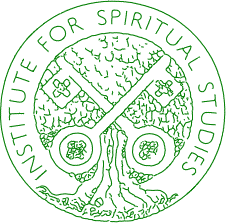

|
Seminar 3:
|
|
Confucianism is sometimes presented, with Buddhism and Daoism, as one of the 'three religions of China'. At other times it is claimed not as a religion but as a social philosophy. In reality it is both. The early Jesuit missionaries wrestled with this paradox, both in their mission policy and in their translations and commentaries on Confucianism. To justify allowing their converts to practise ancestor ritual and temple rituals, they emphasised its 'political' i.e. social and ceremonial nature. They argued that in origin Confucianism was a 'natural religion', even claiming it contained elements of a primitive revelation. In naming the Christian God they used classical terms like Heaven (Tian) and Supreme Ruler (Shangdi). Chinese Catholics were eventually forbidden by Rome to practise ancestor cults or use Confucian terms. Protestant missionaries from the 19th century had similar problems translating the Bible, and in deciding which Chinese customs were permissible. Modem religious studies find Confucianism of special interest since it is seen to be a kind of spirituality without an organised hierarchy, but the old attitudes continue to create problems for Christian communities in China and the Chinese diaspora.
|